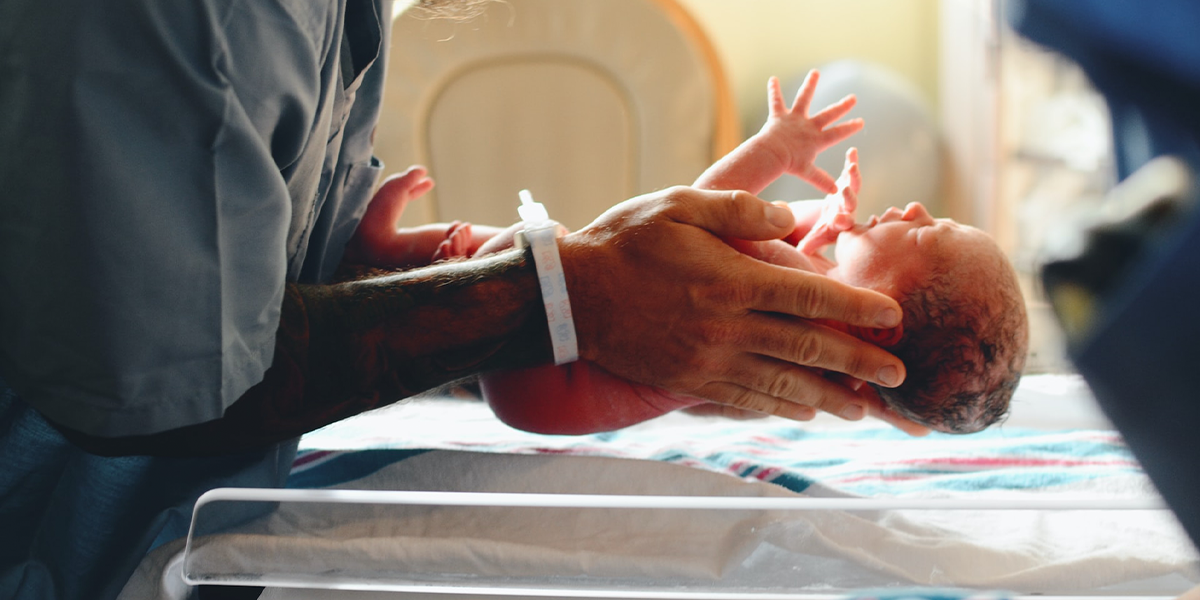Has marriage become… cringe?
Well, according to our latest research, some Gen Zs appear more likely to say ‘I don’t’.
We asked over 1000 young Australians aged 15 to 24 about their thoughts on marriage and children for our latest Big Youth survey and found that overall just 70% of Gen Zs wanna tie the knot and 62% want to have kids (one day).
Eight percent of young Australians told us they flat out do not wanna get married, while 22% said they’re still on the fence.
When it comes to children, 14% said they don’t want them while 24% said maybe.
While some experts attribute the changes in marriage and family plans among Gen Z to the myriad economic, housing and employment crises they’re facing and the fact that some 86% of Gen Zs anticipate an incoming recession, our research reveals a factor that (probably) hasn’t been considered yet.
First off (and according to our research) it appears that young males are actually more inclined to have getting married and having kids on their life’s bucket list than women (right?! Who woulda thought).
While 74% of males said they want to get married one day, just 67% of females said they want to. Just 6% of males said no to marriage compared to 10% of females, while 20% of males said they weren’t sure about getting married compared to 23% of females.
To put that into perspective according to Finder: “Over half (56%) Australian adults are married or partnered, followed by 29% who have never been married and 9% who are divorced. Finder’s data shows men (59%) are more likely than women (53%) to be married or partnered. Women are more likely to never have been married (30%), to be divorced (9%), widowed (3%) or separated (3%).”
When it comes to having children a similar pattern emerged, with 67% of males saying they want to have children one day compared to 61% of females. Just 12% of males said they didn’t want children compared to 16% of females, while 22% of males said they weren’t sure about having children compared to 23% of females.
Now here’s where it gets interesting.
After analysing the different demographics besides gender for any notable differences in attitude to marriage and children compared to the norm, we found it’s actually LGBTQIA+ youth driving this difference.
For reference, in this survey 32% of Gen Z respondents identified as LGBTQIA+ so it’s not an insignificant portion of the youth population. Their behaviours and values have a somewhat sizeable impact on their generation as a whole.
Further, 37% of female respondents identified as LGBTQIA+ compared to 20% of male respondents. So with a higher proportion of females than males identifying as LGBTQIA+, it’s likely this is contributing to more females than males not wanting children and marriage.
Despite theories attributing the rise in young Australians identifying as LGBTQIA+ to the recent legalisation of gay marriage in Australia, only 50% of LGBTQIA+ youth we surveyed said they actually want to get married someday in comparison to 80% of non-LGBTQIA+ youth who said they want to get married.
Due to how the survey demographic questions were asked “non-LGBTQIA+ youth” mean straight or heterosexual youth and the terms can be used interchangeably.
Check out the full results in the charts below.
As can be seen from these charts young straight (non-LGBTQIA+) males and females have almost identical intentions when it comes to marriage. On the other hand LGBTQIA+ females are more likely to say they want to get married and to say they don’t want to get married as well, this is due to a higher amount of LGBTQIA+ males saying maybe.
And as mentioned with significantly more young females than males identifying as LGBTQIA+, this means their preferences have more of an impact on the overall female demographic’s marriage intentions and hence why females overall are less likely to say yes and more likely to say no to marriage than males.
A similar story emerges for wanting to have children one day as can be seen in the charts below. Again we can see young straight males and females intentions for having children are virtually identical, with LGBTQIA+ females more likely to say yes and no to having children, while LGBTQIA+ males are more likely to say maybe.
Generally what we’re seeing is that LGBTQIA+ youth are significantly less likely to want to get married and have children than non-LGBTQIA+ youth. And this is what the numbers are telling us demographically at least. This doesn’t paint the full picture behind “why” this is happening, but which at least reveals some of the cause which can be used for further investigation.
But just because more LGBTQIA+ youth than straight youth are not seeing marriage and children in their future at this stage doesn’t mean that can’t change down the track. No doubt for some of them marriage and children will become something they consider as they grow older, but for those who don’t that’s fine too.






